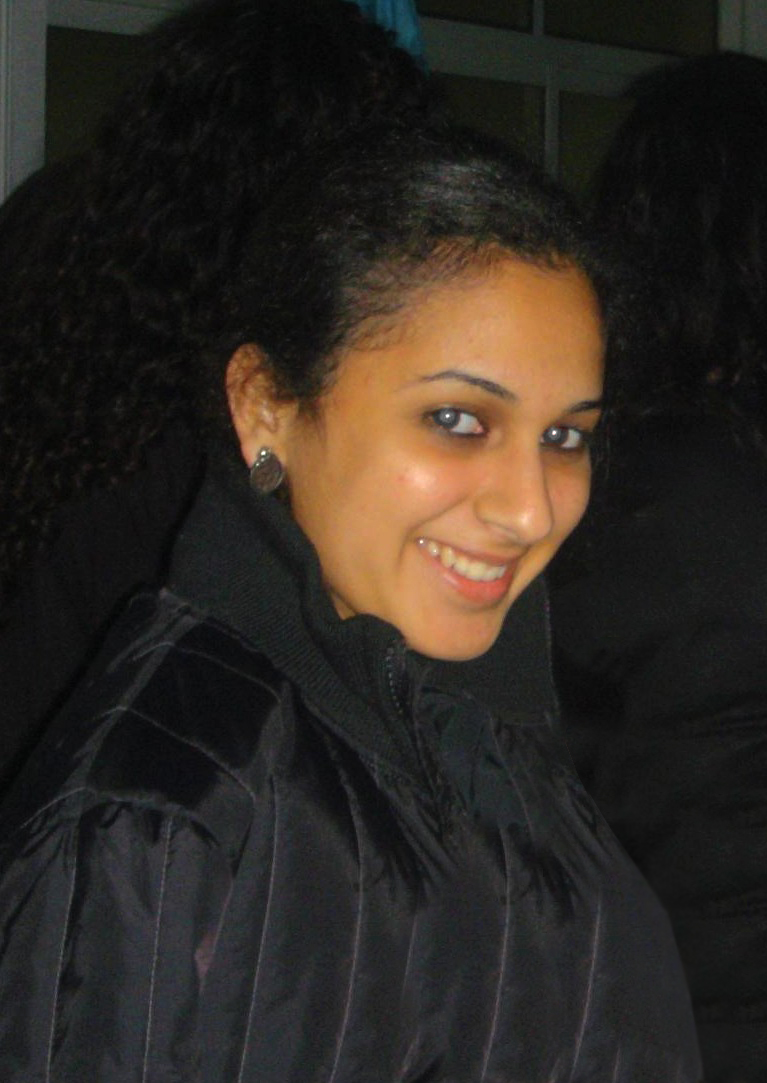During the Bahrain Model United Nations Conference last year, I desperately wanted to pass a resolution I had submitted over the issue of alternative energy sources. As I began to speak to the other delegates present, I instinctively grabbed a white board marker and began to draw a direct application of economic theory, the externality graph. As I contextualized the diagram, I began to see more and more heads begin to nod in approval. To my ecstasy and delight, the resolution was passed, marking my first successful act as an amateur diplomat. I have always seen the link between economics and politics, but at that moment, I realized that economics is the key to cooperation between nations. Through economics, one can overlook the conflicting ideologies, religions, habits, etc. that are accompanied with politics. Economics, to a great extent, deals with money, a universal concept independent of the prior setbacks. As a result, political and cultural barriers can be removed making the global community one step closer to the idea of a universal citizen. After my attendance at the MUN Conference, I was determined to study something related to economics, politics, or finance because I wanted to directly be involved in lowering the political barriers between nations through the use of economics.
I am torn between my desire to work in a political post or a more corporate environment. To be frank, the limited job opportunities in Bahrain is one of my major concerns, and thus I am considering more than one degree. My main subject of interest is Politics and Economics, but Economics and Finance as well as Finance and Accounting both fall under the scope of my interests. Bahrain is becoming a booming financial area with the coming openings of the Bahrain Financial Harbor and the World Trade Center. In addition, the majority of the business firms in Bahrain are all global ones. Thus upon my obtainment of these degrees, and consequently working in the financial sector, I know that I will indirectly be dealing with politics and economics due to the universality of the business firms. A goal of mine is to affect a change, and through dealing with things at a small scale such as financial deals between a firm and another, one can ultimately affect a change in the larger sense.
Not only do I feel passionately about the degrees I have chosen, I feel that I will be able to excel in those particular fields. Upon my performance at the Model United Nations Conference, I attracted the attention of many judges. I was then given the title of delegate of the year, and consequently was nominated to spend a week at the United Nations Headquarters in New York where I would meet UN Secretary General Kofi Anan and be present at various council sessions. My academic performance also led to my nomination to attend the Global Young Leader’s Conference at Washington DC, which unfortunately I could not attend. I am an extremely determined and focused young woman and that is reflected through my academic performance, as I have been a member of my school’s Honor Society for the past two years.
My interest in economics, politics, and finance stems to the high level of respect I regard each with. These three studies have to power to unify, change, and create an understanding of people. Growing up in the Middle East I have witnessed the political turmoil in the region, and economics as well as finance give me hope of a prosperous future.
I am torn between my desire to work in a political post or a more corporate environment. To be frank, the limited job opportunities in Bahrain is one of my major concerns, and thus I am considering more than one degree. My main subject of interest is Politics and Economics, but Economics and Finance as well as Finance and Accounting both fall under the scope of my interests. Bahrain is becoming a booming financial area with the coming openings of the Bahrain Financial Harbor and the World Trade Center. In addition, the majority of the business firms in Bahrain are all global ones. Thus upon my obtainment of these degrees, and consequently working in the financial sector, I know that I will indirectly be dealing with politics and economics due to the universality of the business firms. A goal of mine is to affect a change, and through dealing with things at a small scale such as financial deals between a firm and another, one can ultimately affect a change in the larger sense.
Not only do I feel passionately about the degrees I have chosen, I feel that I will be able to excel in those particular fields. Upon my performance at the Model United Nations Conference, I attracted the attention of many judges. I was then given the title of delegate of the year, and consequently was nominated to spend a week at the United Nations Headquarters in New York where I would meet UN Secretary General Kofi Anan and be present at various council sessions. My academic performance also led to my nomination to attend the Global Young Leader’s Conference at Washington DC, which unfortunately I could not attend. I am an extremely determined and focused young woman and that is reflected through my academic performance, as I have been a member of my school’s Honor Society for the past two years.
My interest in economics, politics, and finance stems to the high level of respect I regard each with. These three studies have to power to unify, change, and create an understanding of people. Growing up in the Middle East I have witnessed the political turmoil in the region, and economics as well as finance give me hope of a prosperous future.

 In loving memory of Samar Al Ansari: a loving daughter, wonderful sister, and great friend.
In loving memory of Samar Al Ansari: a loving daughter, wonderful sister, and great friend.














